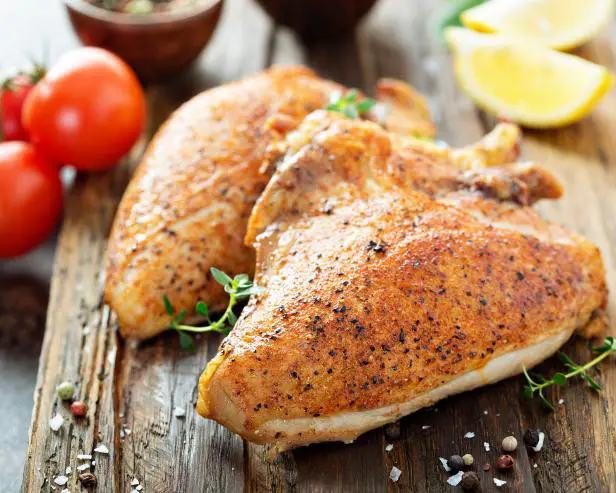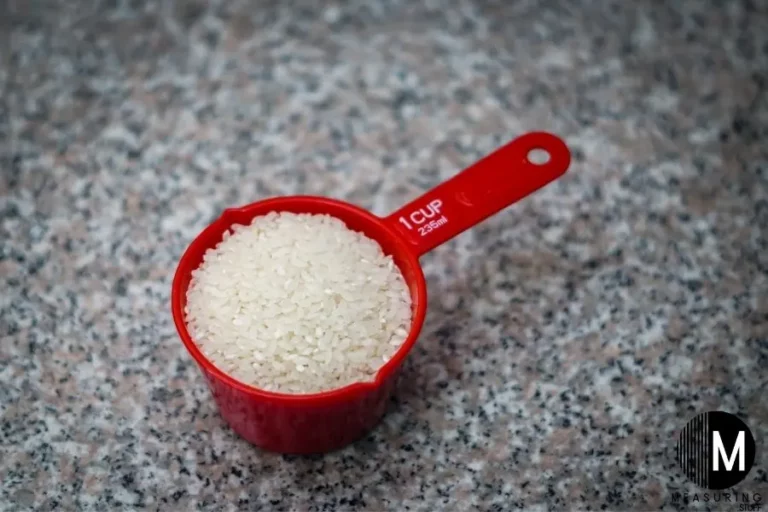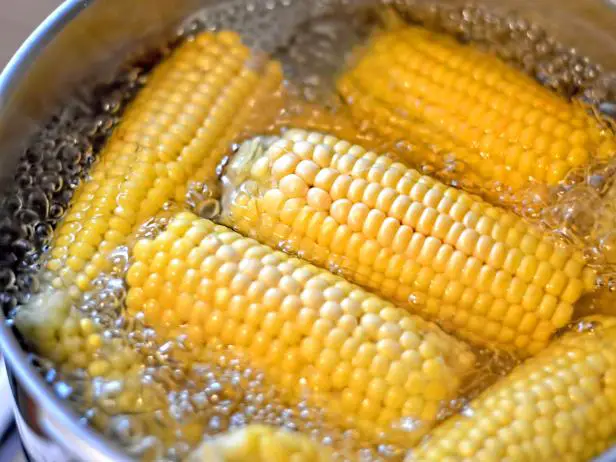As a food lover, it’s crucial to know how long cooked chicken and rice can remain in the fridge. It’s necessary to consider shelf life and food safety when dealing with leftovers. However, many factors affect food spoilage, including temperature control, moisture content, acidity, pH levels, among others. This article is essential for anyone who has ever been concerned about preserving their beloved meal.
Understanding Food Spoilage
Food spoilage is the process of decay that causes food items to become undesirable for consumption. Many microorganisms cause food spoilage, including bacteria, yeast, fungi and molds. Moreover, these tiny organisms cause different types of spoiling such as off-taste odor changes color changes among others.
Factors that Impact Shelf Life
Several factors contribute to extending the shelf life of cooked chicken and rice. One of them is temperature control. Maintaining temperature well below room temperature slows down bacterial growth which usually happens between 40-140°F (4-60°C). Moisture content also plays a role in determining shelf life; dry foods have a longer lifespan than moist foods. Acidity and pH levels are also significant factors when it comes to preserving cooked chicken and rice. Foods with lower pH levels tend not to support different types of bacteria which usually leads directly to spoiling.
What Foods Like Chicken and Rice Can Be Stored
Several other foods can be safely stored in the fridge after cooking-such as cream-based soups, casseroles etcetera. Ideally one should store no longer than about four days old cooked meats like fish or poultry in refrigerators.
Recommendations for safe storage materials should be used such as containers or bags because they reduce air exposure that speeds up both drying out and bacterial growth rates thus extending the duration possible before spoilage sets-in.
Safe Storage Guidelines
Chicken
Cooked chicken should never stay in the refrigerator for more than four days for safety reasons. That is, because after the fourth day, pathogenic bacteria may begin to multiply rapidly and cause foodborne illness.
It is crucial to store chicken that has already been cut as a separate entity from other food substances. Proper storage techniques should be enforced to prevent cross-contamination from any potentially hazardous foods close by. When storing cooked chicken, it’s essential to wrap it tightly or pack it into a sealable container before refrigerating it. This reduces air contact hence making the food dry out at a decreased rate.
Foods that have been intended for freezing should not always stay in contact with each other since creating extra moisture contributes more rapidly spoiling via bacterial growth.
Rice
Cooked rice is safe to refrigerate for three days after cooking. After that, there are no guarantees that bacteria will not grow on the surface of the rice causing food spoilage resulting from pathogenic organisms such as Clostridium perfringens or Bacillus cereus which present dangers.
Cooked rice can be easily contaminated with spores of these bacteria when it’s left at room temperature since these types occur naturally, and they love warm moist environments- namely cooked rice dishes. To prevent contamination or proliferation of bacterial populations in cooked rice, one should put portions of freshly no more than several hours old into reasonably sized containers (ideally, smaller portions could fit into your hands) sealed appropriately using wraps or storage bags.
Signs Your Cooked Chicken and Rice Have Spoiled
You need to pay attention when looking at leftovers after several days passes by because we tend not to notice changes right away.
Watery juices collecting on top of beef or chicken can indicate a problem when combined with unpleasantly sour ammonia-like scents around it. Rice can develop slightly unpleasant odors thereby changing its texture thus losing an enjoyable flavor.
The physical attributes like discoloration, slimy appearances, changes of colors like gray hues can indicate that food has gone bad when stored for too long.
Tips for Maximizing Shelf Life
Here are some tips to make sure you get the most longevity out of your cooked chicken and rice:
- Try meal prepping. Prepare more than enough meals to store in your fridge for easier preparation throughout the week.
- Keep foods organized in the refrigerator. This prevents cross-contamination, which can quickly cause food spoilage.
- Store food in airtight containers or bags. It reduces air exposure preventing immediate danger caused by bacterial growth that often leads to spoiling after two- three days in an average environment.
- Always refrigerate immediately after serving. Refrigerators should operate at 40°F (4°C) maximum or lower to maintain optimal temperature conditions keeping the food from getting dry too fast making it less palatable.
Conclusion
In conclusion, it’s necessary to understand the importance of safe handling of leftovers while also pursuing meal planning strategies aimed at taking advantage of longer-term storage options. By putting these guidelines into practice, we extend both shelf-life duration and decrease risks of illness due to contaminated food substances because bacteria still thrive beyond our sensory purview until spoilage sets-in becoming noticeable physically and otherwise.
Q&A
- Q: Can I store cooked chicken and rice together in the fridge? A: Yes, you can. Make sure to cool the dish before placing it in the refrigerator and store it in a sealed container to avoid cross-contamination.
- Q: How long does cooked chicken and rice last in the fridge? A: Cooked chicken and rice can last up to four days when stored properly in airtight containers. Ensure that you reheat it thoroughly before consumption.
- Q: Can I freeze cooked chicken and rice for later use? A: Yes, refrigerated dishes of cooked chicken and rice can be frozen for up to six months, but make sure you thaw them completely before reheating.
- Q: What are some signs of spoiled cooked chicken and rice?A: The smell is one sign that your food might have gone bad – if it smells off, throw it away immediately. Also, watch out for discoloration or mold growth on the surface of the dish as these are definite signs of spoilage.



